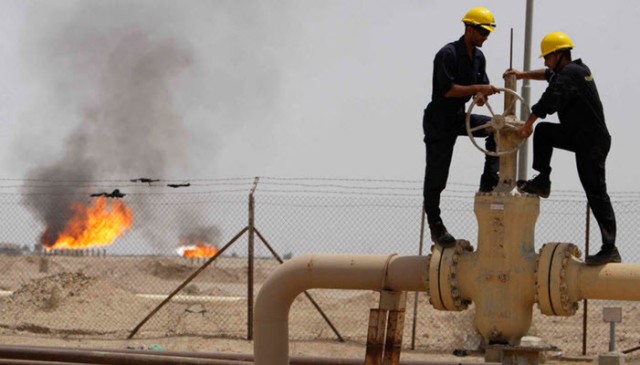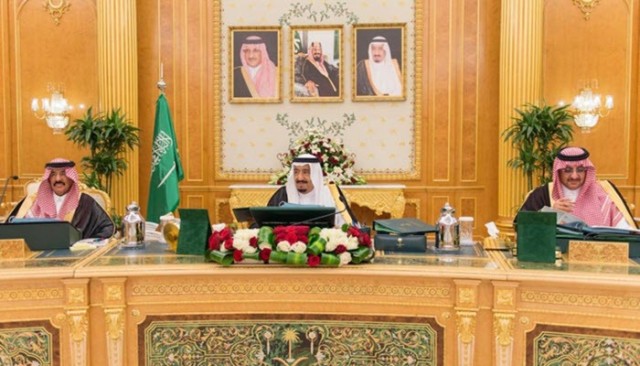US Republican members of the US Senate from oil states have telephoned Saudi officials to urge them to take concrete action to reduce crude oil production, after they recently introduced legislation requiring the departure of American forces from Saudi Arabia.
According to Reuters, the contact was headed by Senator Dan Sullivan and Senator Kevin Kremer, who proposed legislation in March mandating that US forces leave Saudi Arabia and transfer Patriot missiles and the Missile Defense System THAAD unless Saudi Arabia cuts its oil production.
Eleven Republican members of the Senate participated in the phone call, which lasted about two hours. Among the participants was Bill Cassidy, who introduced legislation last week to transfer US forces from Saudi Arabia within 30 days, a month before the date set by the previous legislation.
Although the legislation is unlikely to be passed, members of Congress played an unusual role in pressuring Saudi Arabia's old ally, while President Donald Trump, also a Republican, was in talks with Saudi Crown Prince Muhammad bin Salman to urge him to cut production.
Members of Congress spoke to Saudi Energy Minister Prince Abdulaziz bin Salman, Deputy Defense Minister Khalid bin Salman and the Saudi ambassador to the United States, Princess Rima bint Bandar bin Sultan.
Senator Dan Sullivan praised Saudi Arabia’s participation in the agreement to cut production, but said the actions were more than words.
Sullivan said the kingdom should take sustainable and concrete measures to cut oil production significantly, and it should do so soon.
Senator Kremer said that Saudi Arabia's increased production during the outbreak of the Corona epidemic is unjustified and will not be forgiven.
The United States, the world's largest oil producer, is gradually reducing production by two million barrels per day as a result of falling demand and lower oil prices, which has left debt-ridden producers bankrupt.
The move by Republican congressmen was an indication of how much pressure they could exert on Saudi Arabia if it did not stick to a production cut plan.
In January, the United States had 2,500 military personnel in Saudi Arabia. In October 2019, Washington sent about 3,000 soldiers there at a time of escalating tensions with Iran.
Saudi Arabia and Russia are close to reaching an agreement to cut an unprecedented production reduction of ten million barrels per day, approximately ten percent of global production.
Oil prices fell to their lowest level in 18 years after the Corona virus caused economic activities to stop worldwide and after Saudi Arabia and Russia, two of the largest producers in the world, increased their production in a race for market shares.
NamaaZone " The Power of Knowledge"









































